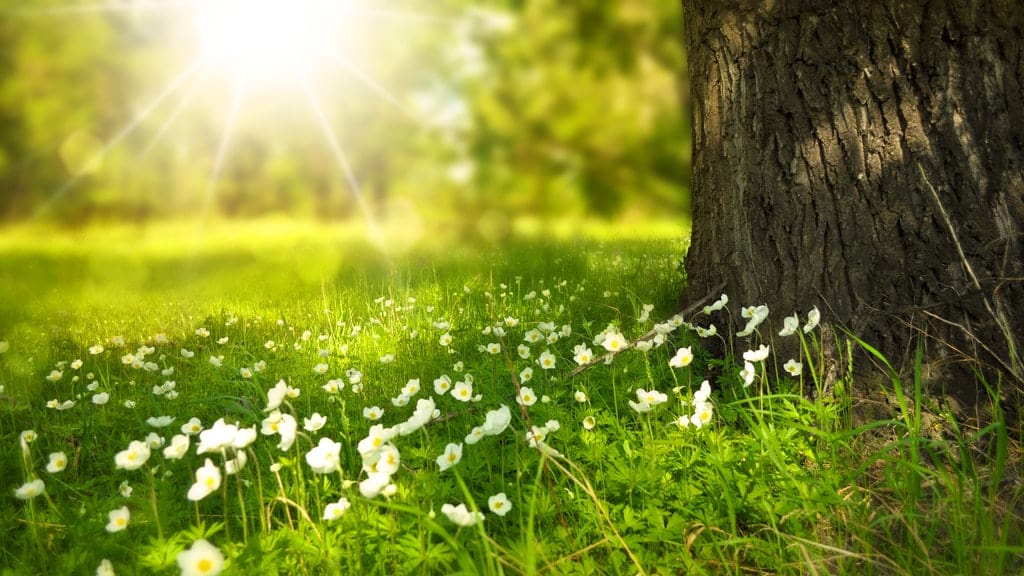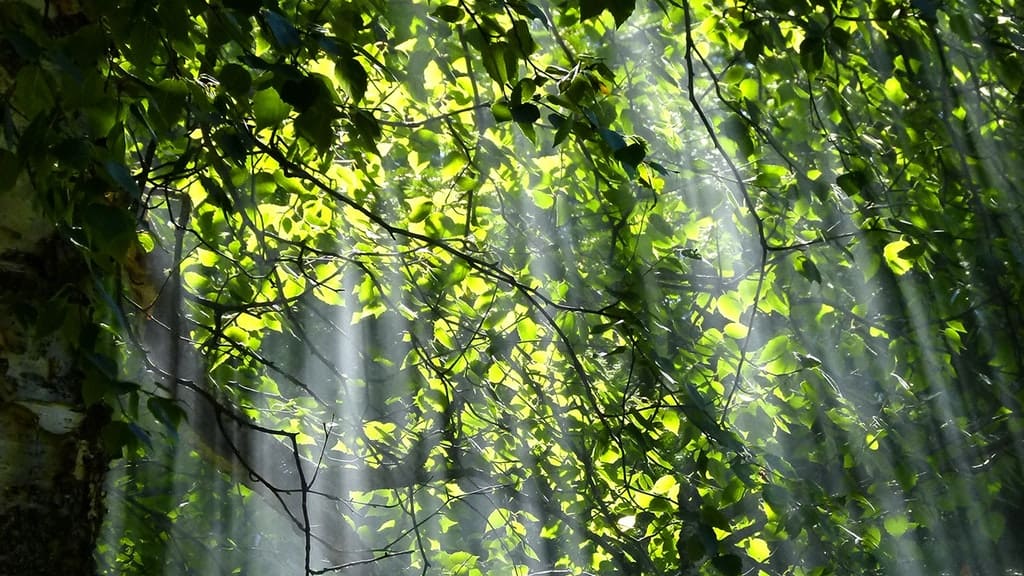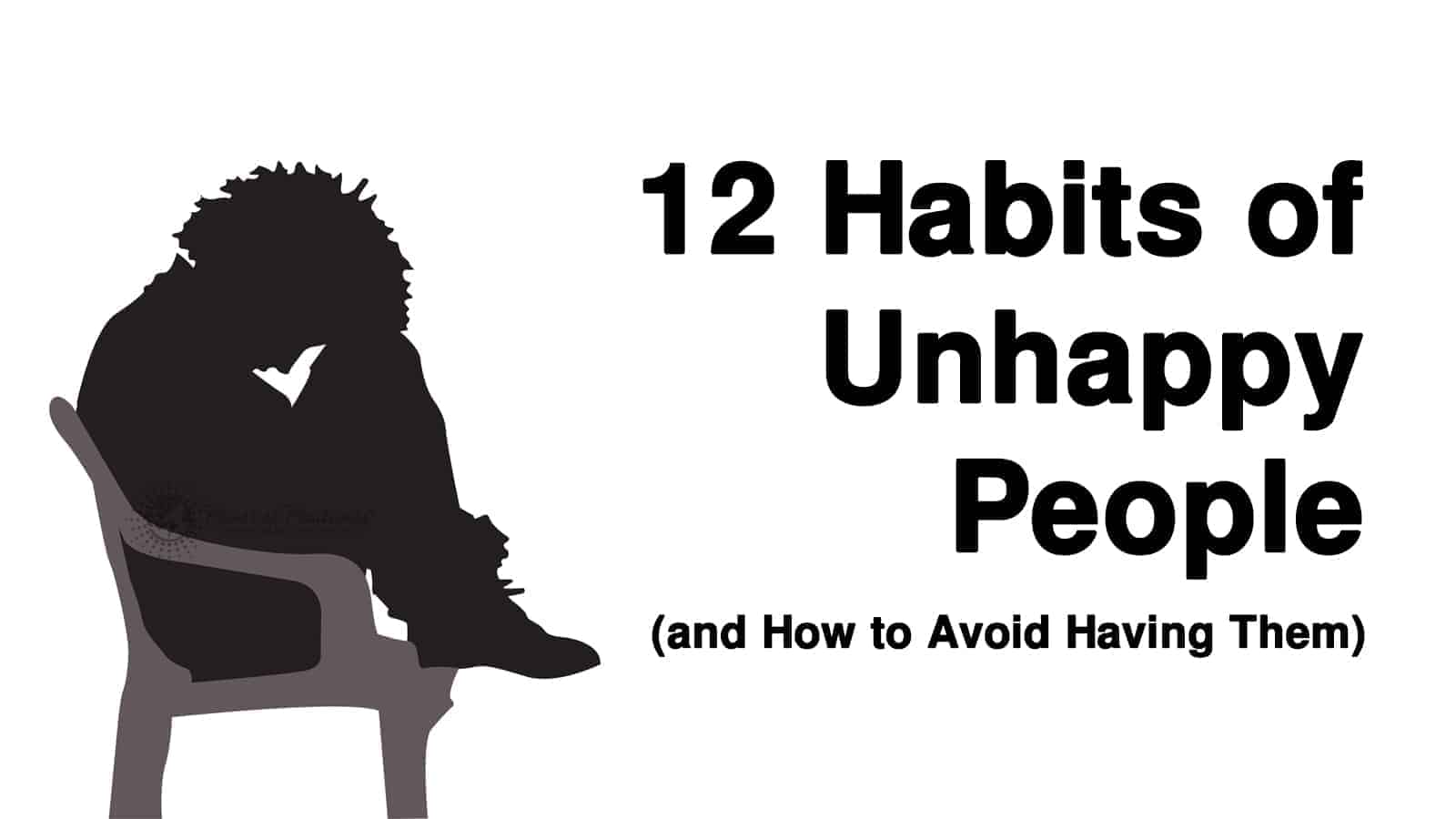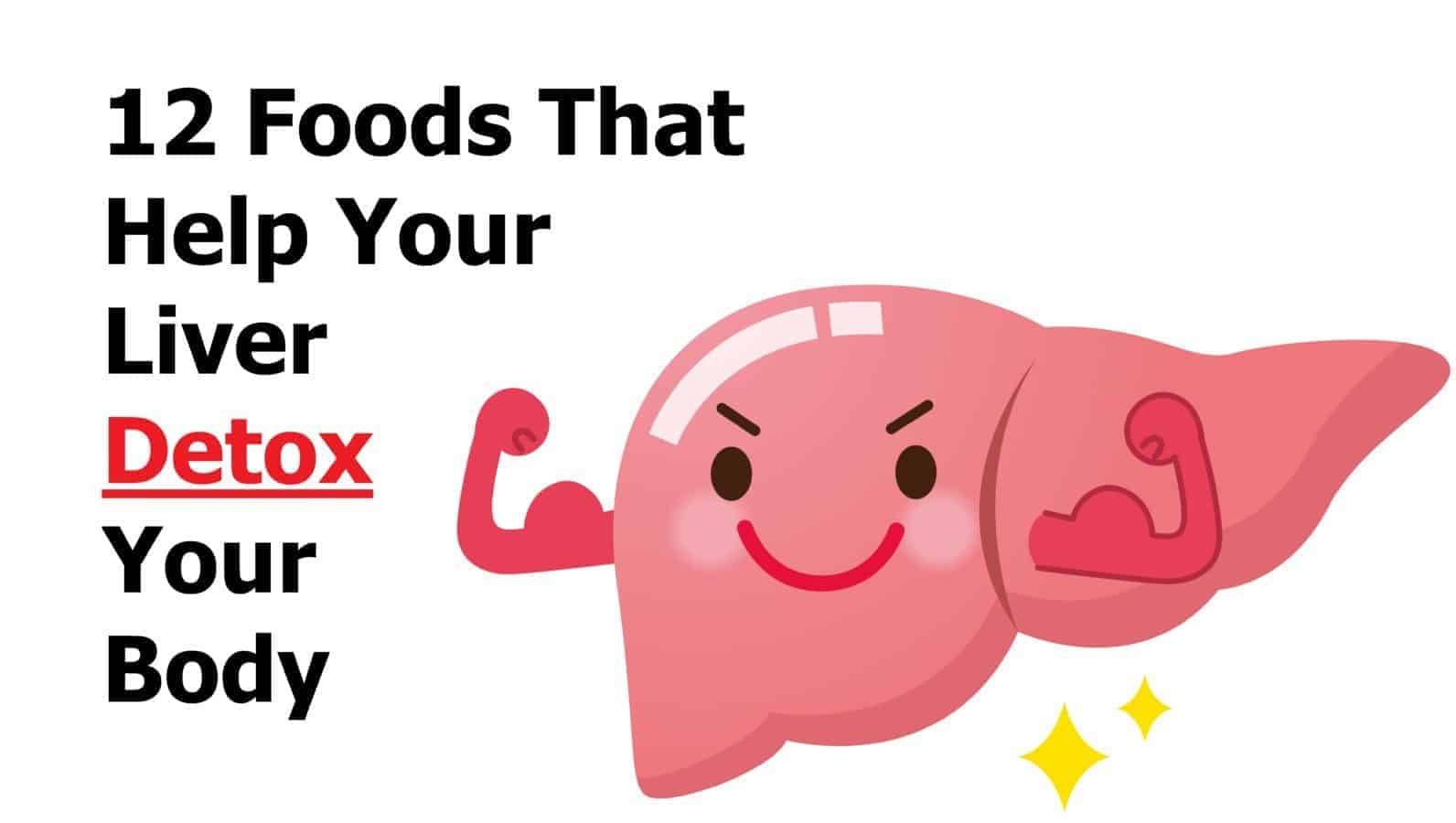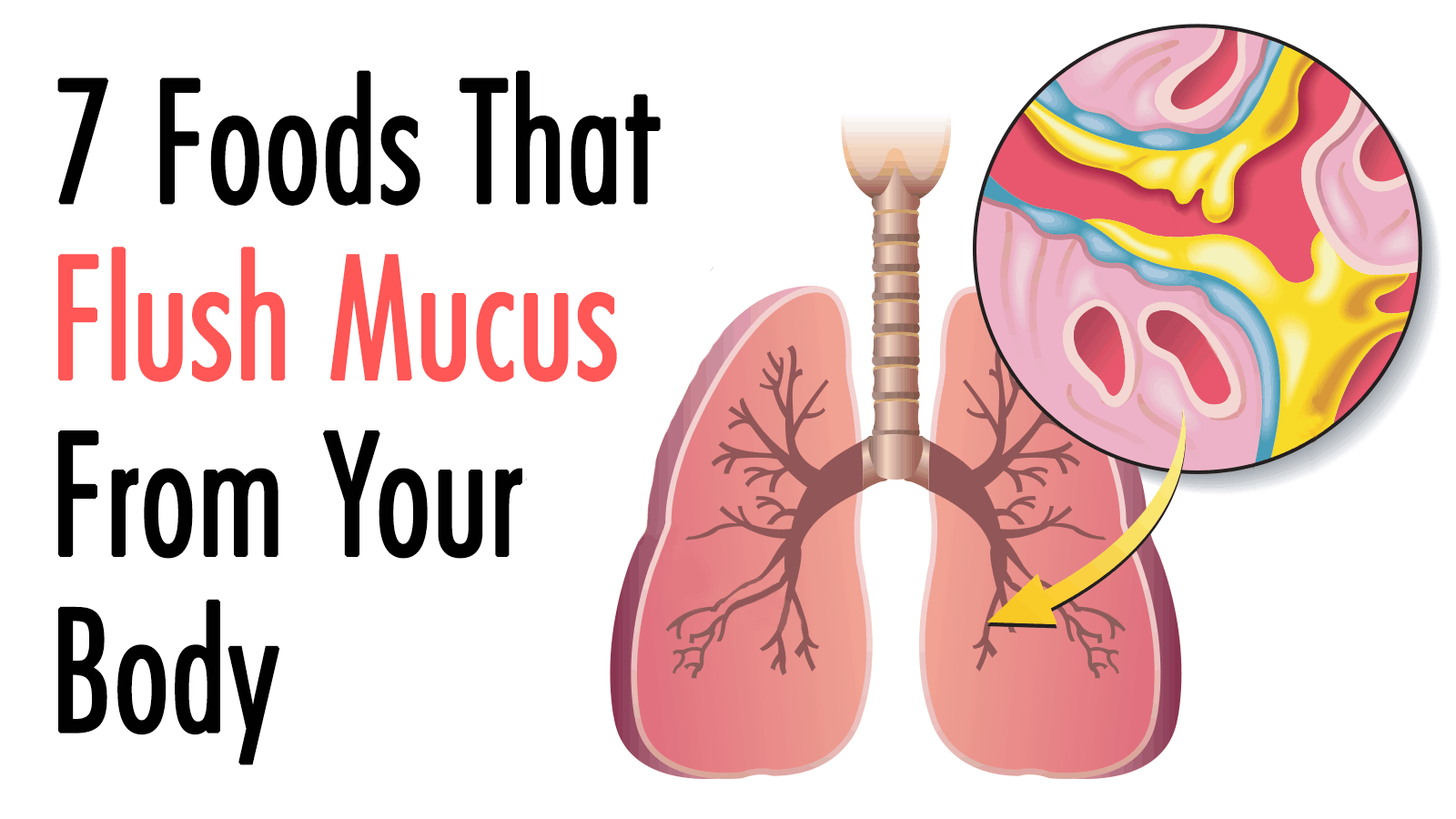What makes life worth living? We all probably have different answers to that question since we create our realities based on our perception. What moves one person won’t inspire the next, as our passions and goals differ vastly. Before we continue with the article, simply ponder the question posed at the beginning: what makes your life worth living?
“Believe that life is worth living and your belief will help create the fact.” – William James
Now, just for fun, we will list some of the most popular answers to that question posted on Quora. You’ll probably see something similar to your reasoning in the comments below:
“I believe people should be aware of their power, be aware of this beautiful world, and be aware that we all can do so much more.
Everyone has the opportunity to change the face of this planet from the moment they came into existence. And the meaning of my life is to show this to as many people as I possibly can. That is what makes life worth living to me.” – Lukas Schwekendiek
“Appreciate what you have now. Be thankful for at least one thing in your life every day. Even better, go for three things and write them down. Live like you have 11 days left.” – Katherine Killoran
“For the longest time, I was wanting to feel like I mattered. And then I realized I had the power to make others feel like they mattered, and that became my biggest pursuit.
In searching for a reason to live for myself, I found it by helping others see — by giving my time and attention — that their existence is enough.
One reason why life is worth living is in realizing you have the power to make others feel like their life has worth.” – Brandon Lee
These are just a few answers to life’s most enduring questions, and you may have a different reason for living. Below, we’ll explain another man’s perspective on what really makes life worth it.
Walt Whitman explains what makes life worth living:
If you’ve never heard of him before, Walt Whitman was a poet, journalist, and essayist who had a true gift for words and was considered one of the most influential poets in America. He became famous for works such as Leaves of Grass, which he self-published in 1855. Often referred to as the father of free verse, Whitman incorporated both transcendentalism and realism into his works.
After a stroke left him disabled at the age of 53, he began to contemplate his existence in the eyes of the universe. What did life really mean? Why are we here? The stroke forced him to answer certain questions about life since he didn’t know how soon death would arrive on his doorstep.
While he recovered at his brother’s home in New Jersey, he recorded some of his ruminations in Specimen Days, a collection of poetry, letters, and journal entries which covered his thoughts about what makes life worth living. He attributed much of his recovery to being in nature, among the trees, stars, and open air.
In a letter he wrote on his 64th birthday to a German friend, 10 years after his stroke left him disabled, Whitman shares what being ill taught him about the true meaning of life.
This is what made Walt Whitman’s life worth living:
“From to-day I enter upon my 64th year. The paralysis that first affected me nearly ten years ago, has since remain’d, with varying course — seems to have settled quietly down, and will probably continue. I easily tire, am very clumsy, cannot walk far; but my spirits are first-rate. I go around in public almost every day — now and then take long trips, by railroad or boat, hundreds of miles — live largely in the open air — am sunburnt and stout, (weigh 190) — keep up my activity and interest in life, people, progress, and the questions of the day. About two-thirds of the time I am quite comfortable. What mentality I ever had remains entirely unaffected; though physically I am a half-paralytic, and likely to be so, long as I live. But the principal object of my life seems to have been accomplish’d — I have the most devoted and ardent of friends, and affectionate relatives — and of enemies I really make no account.”
Even though he held his friends and family in high regard, Walt Whitman ultimately found meaning in the great outdoors. He referred to it as “the bracing and buoyant equilibrium of concrete outdoor Nature, the only permanent reliance for sanity of book or human life.”
What follows are some of his ruminations about where he found vitality and peace in his life:
“The trick is, I find, to tone your wants and tastes low down enough, and make much of negatives, and of mere daylight and the skies. […] After you have exhausted what there is in business, politics, conviviality, love, and so on — have found that none of these finally satisfy, or permanently wear — what remains? Nature remains; to bring out from their torpid recesses, the affinities of a man or woman with the open air, the trees, fields, the changes of seasons — the sun by day and the stars of heaven by night.”
Basically, what we can take from his thoughts about life is that after all is said and done, only the natural world will remain. Nature’s laws come before mankind’s. Though that might make some uneasy, it can also remind us what really matters at the end of the day. When you remove all of the stressors about finances, chores, bills, etc., what is left?
Simply being, and the awareness of existing.
We like to complicate life perhaps because we’re afraid of this simplicity. We get to experience life on this planet for a short time, and then we go someplace else. Maybe the fear of the unknown has caused us to create such a chaotic and complex world in order to distract ourselves from our fate. We don’t have all the answers, but we can speculate on why we humans have shaped our world in such a way.
However, back to Whitman’s viewpoint on why the natural world makes this journey worth it. Below, we’ll discuss why and how nature can profoundly shift your mindset and give your life meaning.
The importance of nature
According to a study published by the National Academy of Sciences of the USA, people spend a quarter less time outside today than they did just 20 years ago. We can see how our disconnection from nature affects our mental and physical health. For instance, rates of mental disorders have been on the rise, and diseases such as heart disease and diabetes have risen as well. Our bodies and minds have suffered due to the fast pace of the world around us. In short, we have forgotten about the healing power of nature.
Here are just a few ways nature can boost your health:
-
It gives you energy and promotes happiness.
After spending time outside, do you ever notice how refreshed and vibrant you feel? Several studies have found that spending just 20 minutes a day with Mother Nature can boost your energy and vitality. Richard Ryan, lead author of the scientific studies and a professor of psychology at the University of Rochester, says, “We have a natural connection with living things. Nature is something within which we flourish, so having it be more a part of our lives is critical, especially when we live and work in built environments.”
-
Nature increases your creativity.
A study published in the journal PLOSone found that being in nature can boost your creativity by as much as 50 percent! Participants in the study spent four to six days in nature and had to forgo all connections to technology. Psychologists explained that because of the tranquility found in nature, our attention spans get a reset. In modern society, our brains never get a break from the overwhelming stimuli. Spend time in nature and you will feel more keenly that you have a life worth living.
-
It can ease stress immensely.
It’s no surprise that living closer to our natural environment can make us calmer. For example, a study published in 2012 in the journal Landscape and Urban Planning found that adults in Scotland who lived closer to more greenery had lower levels of cortisol.
-
You’ll feel more connected.
Ironically, getting away from it all can increase the connection you feel to the world around you. A study published in the Journal of the Study of Religion, Nature and Culture found that kids who played outside 5-10 hours per week had a more powerful spiritual bond with the Earth (Van Wieren & Kellert, 2013). The researchers of the study interviewed the parents of the children. They found that the kids who played outside the most had parents who also loved the outdoors.
-
It improves mental health of those living in cities.
City life can take a toll on our minds and bodies, but researchers have found that living in a “greener” area of the city can boost mental health for up to three years. Participants in the study had a positive mental state throughout the three years they were studied. This shows just how powerful the healing effects of nature can be.
Final thoughts on What Makes Life Worth Living
Life means something different to all of us, but we have one major thing in common: we came from the same place, and we will likely end up in the same place. This alone should remind us that nature ultimately connects us all, for we wouldn’t exist without it. Next time you feel disjointed or confused about life, go on a weekend camping trip and sleep beneath the stars. There, you will understand your place in the universe and, like Walt Whitman, remember what truly makes life worth living.




